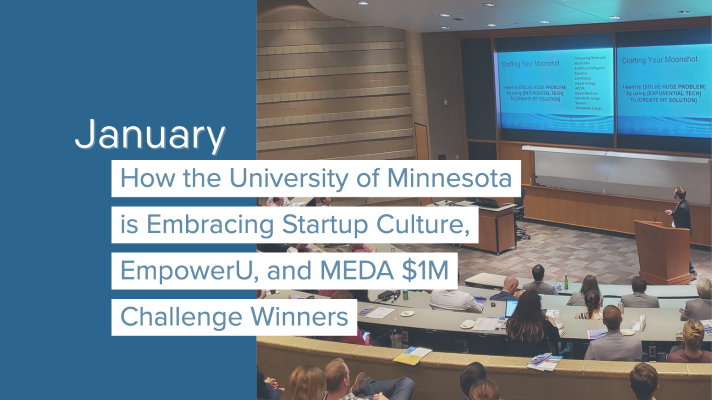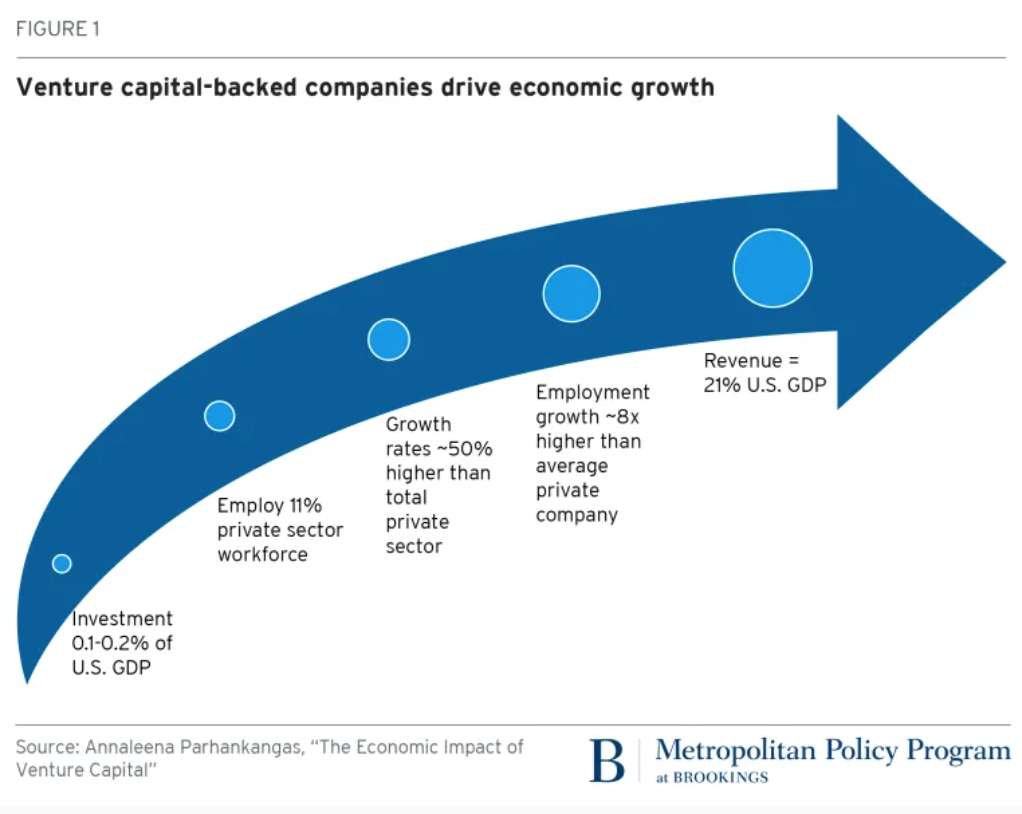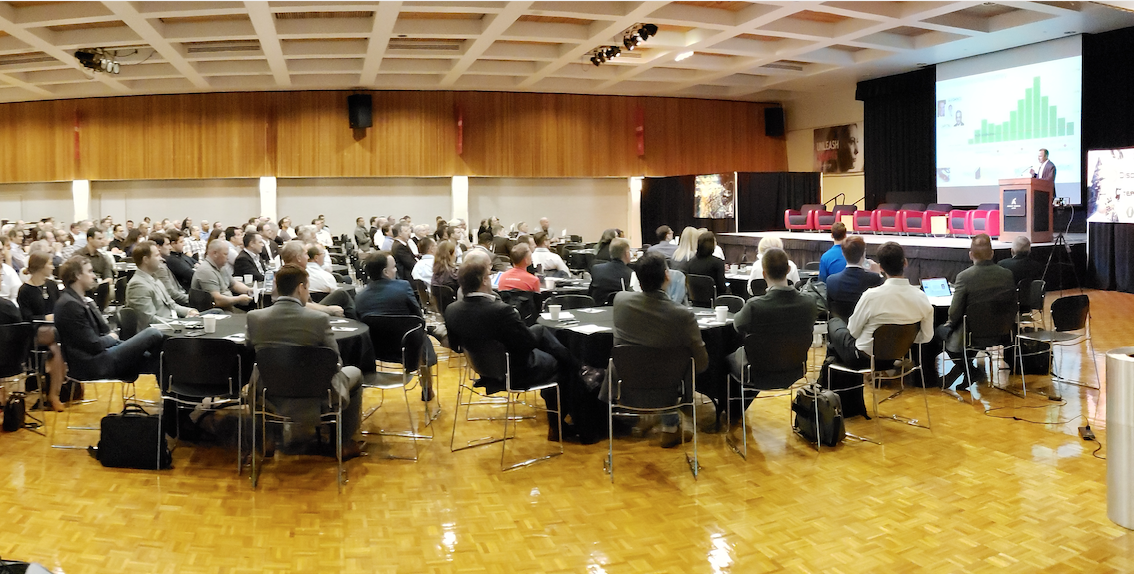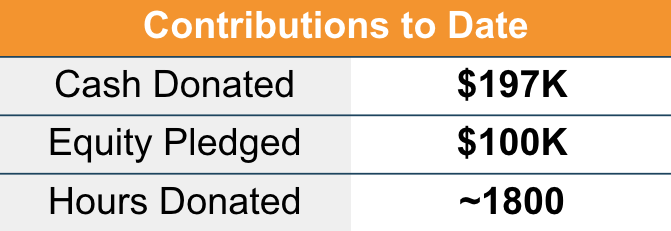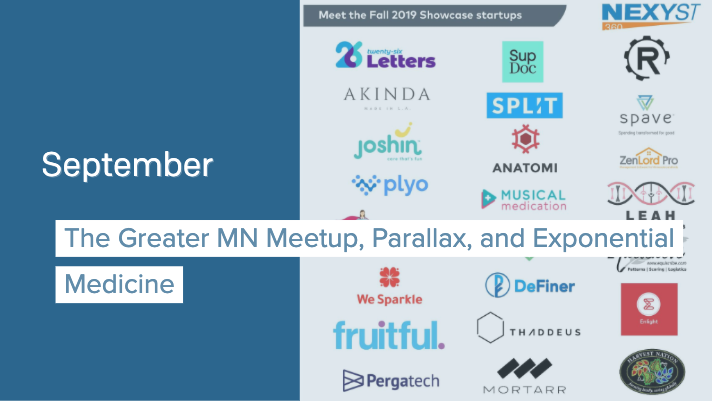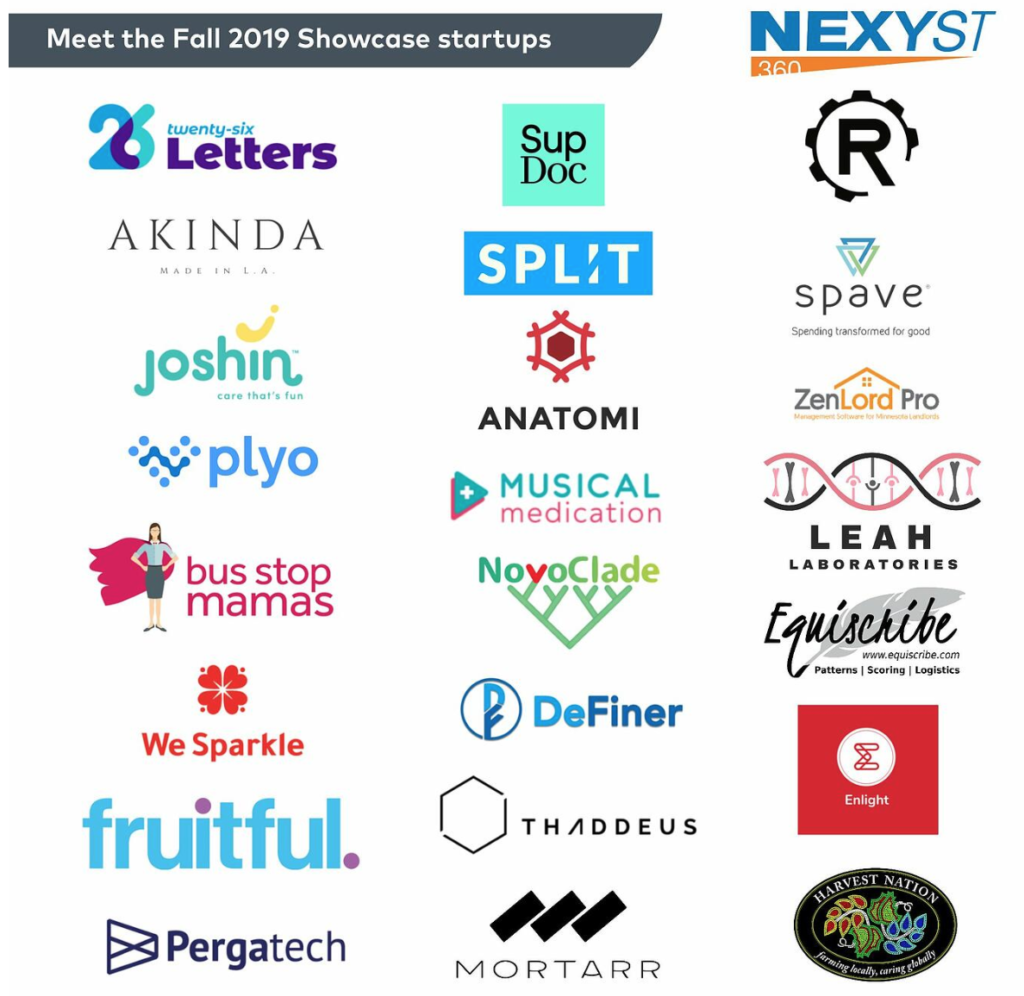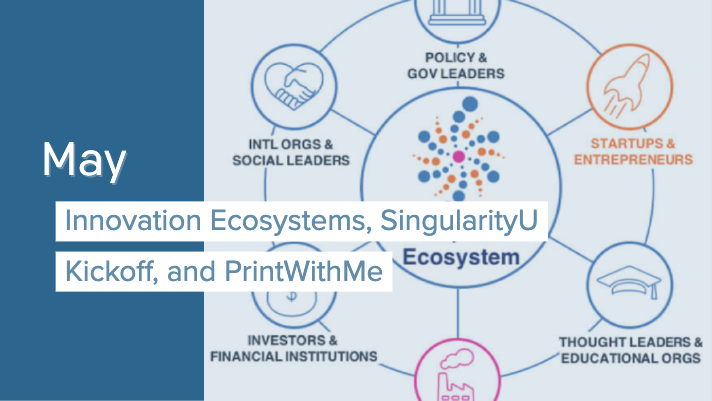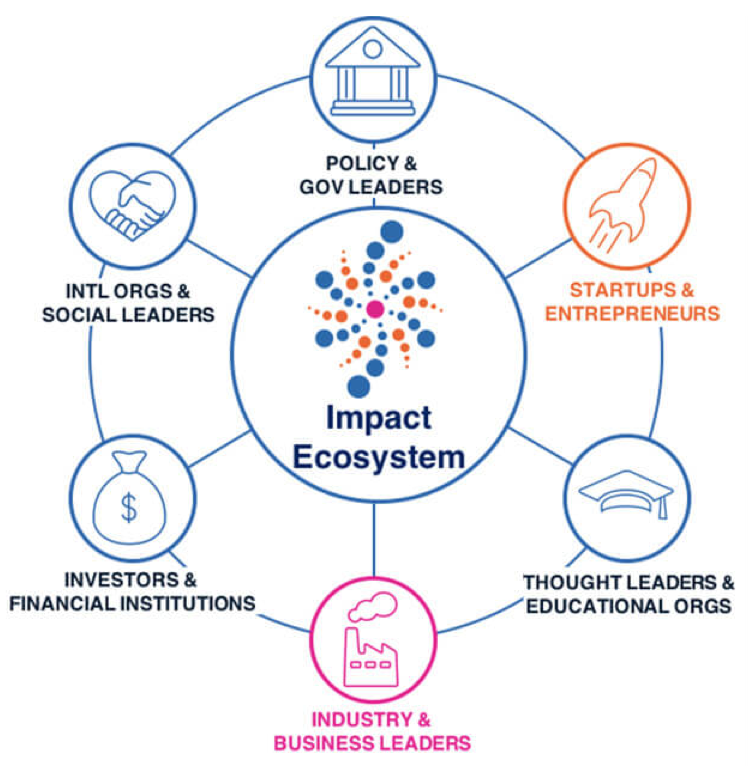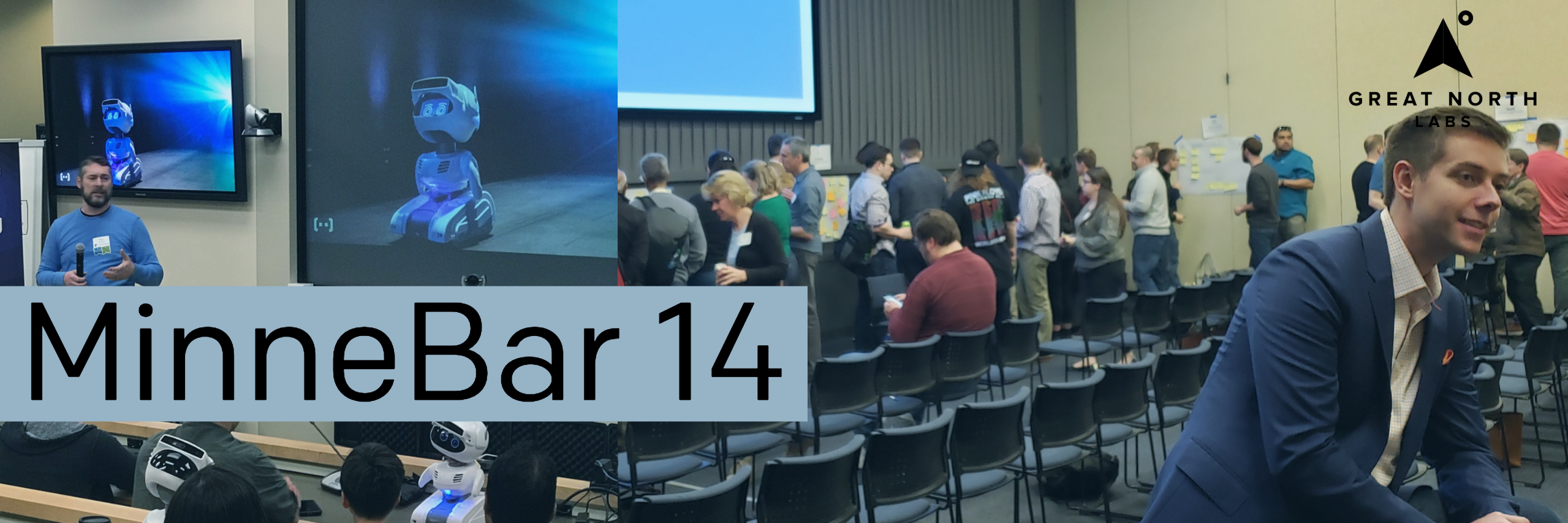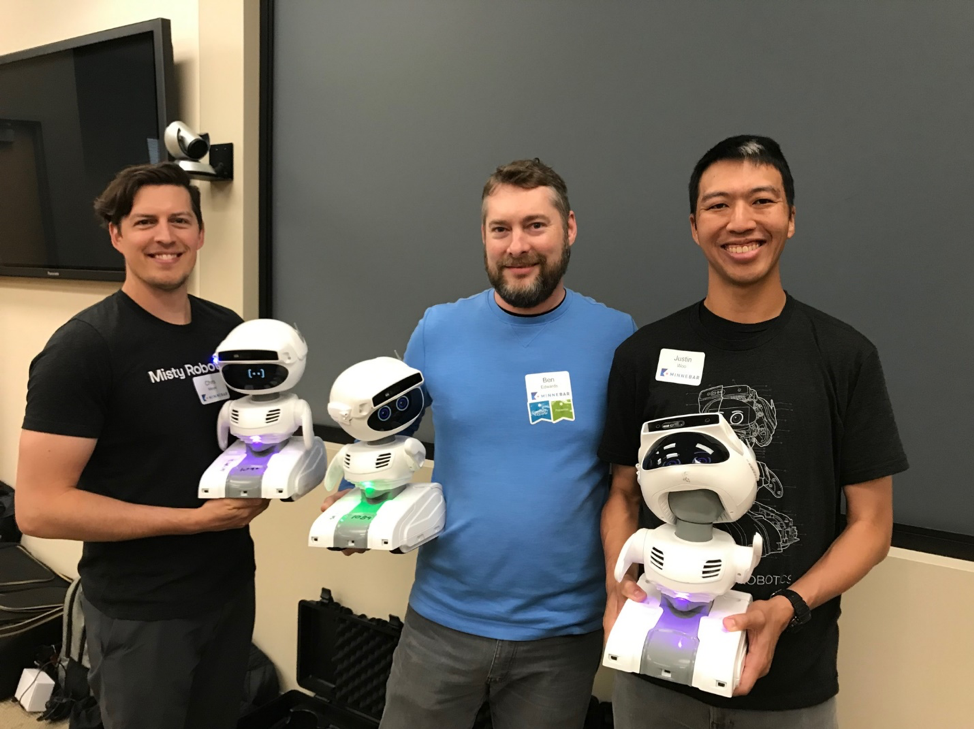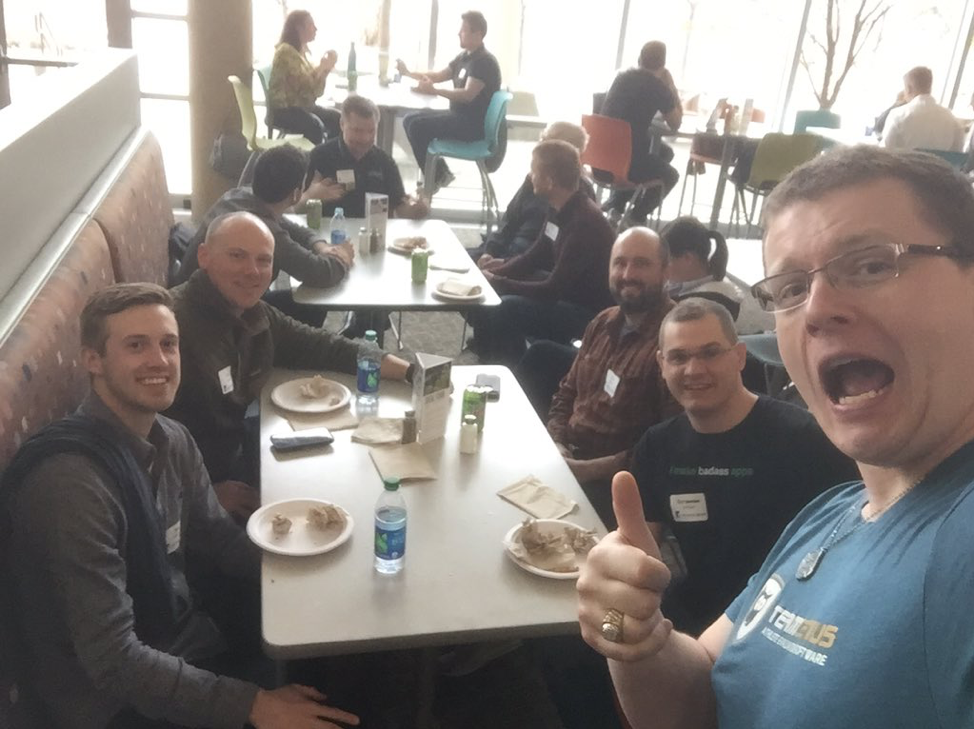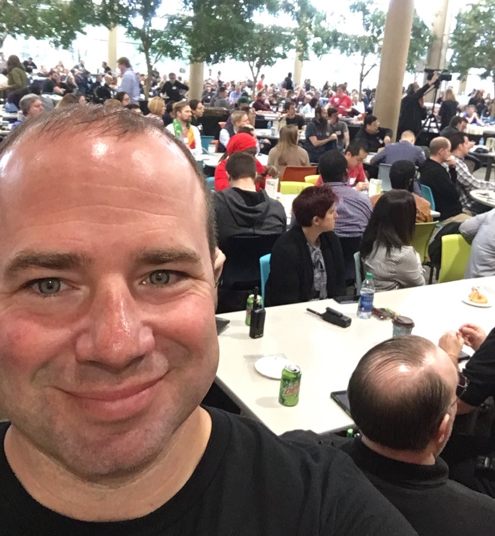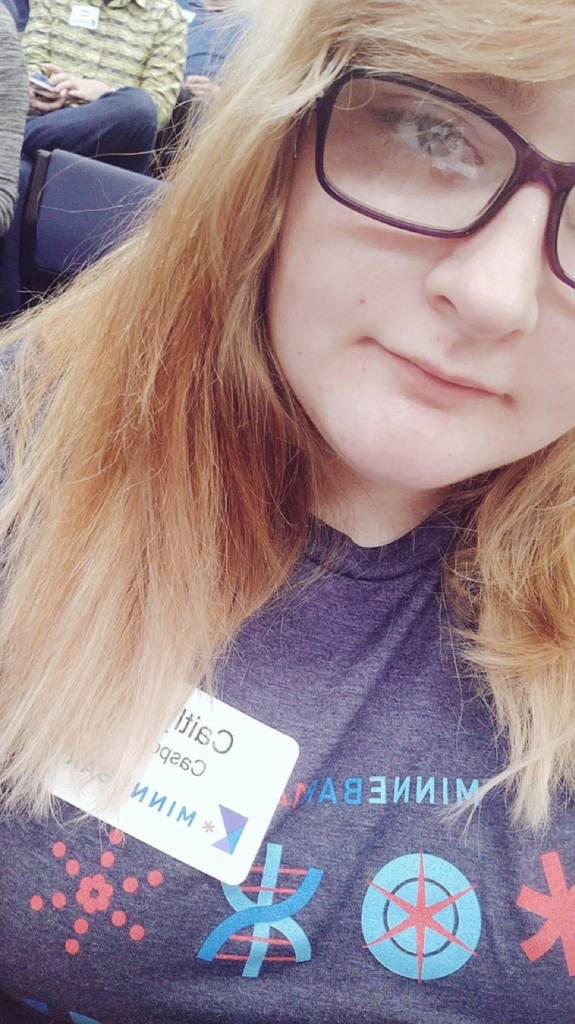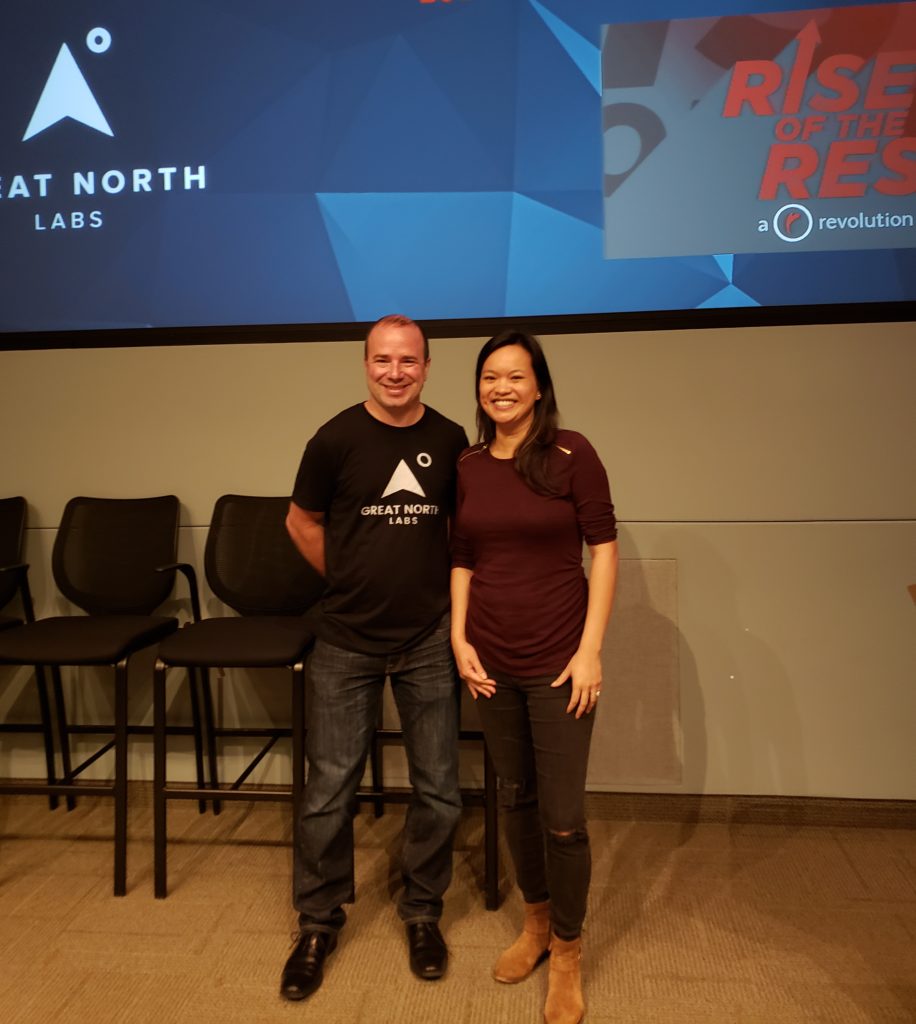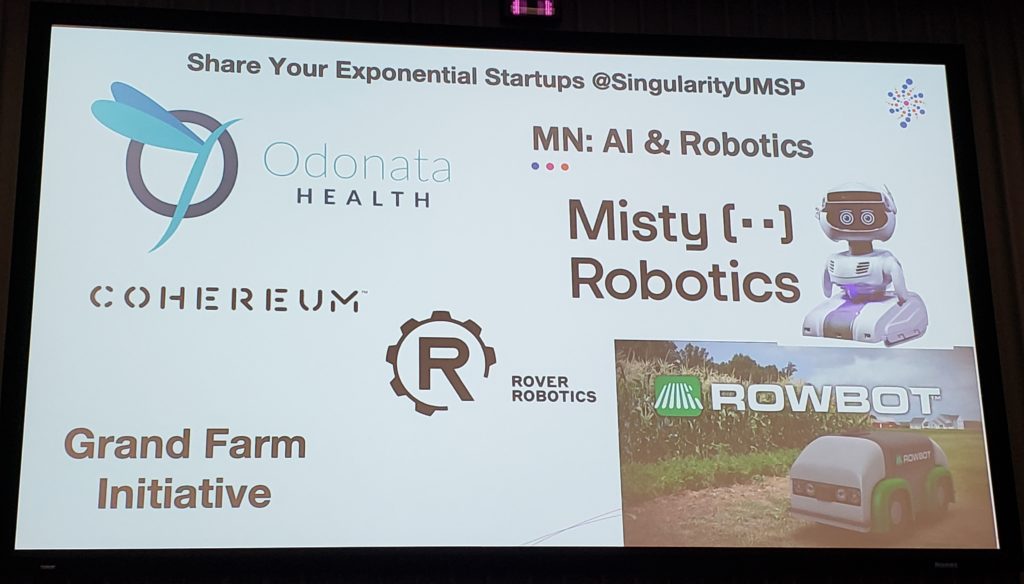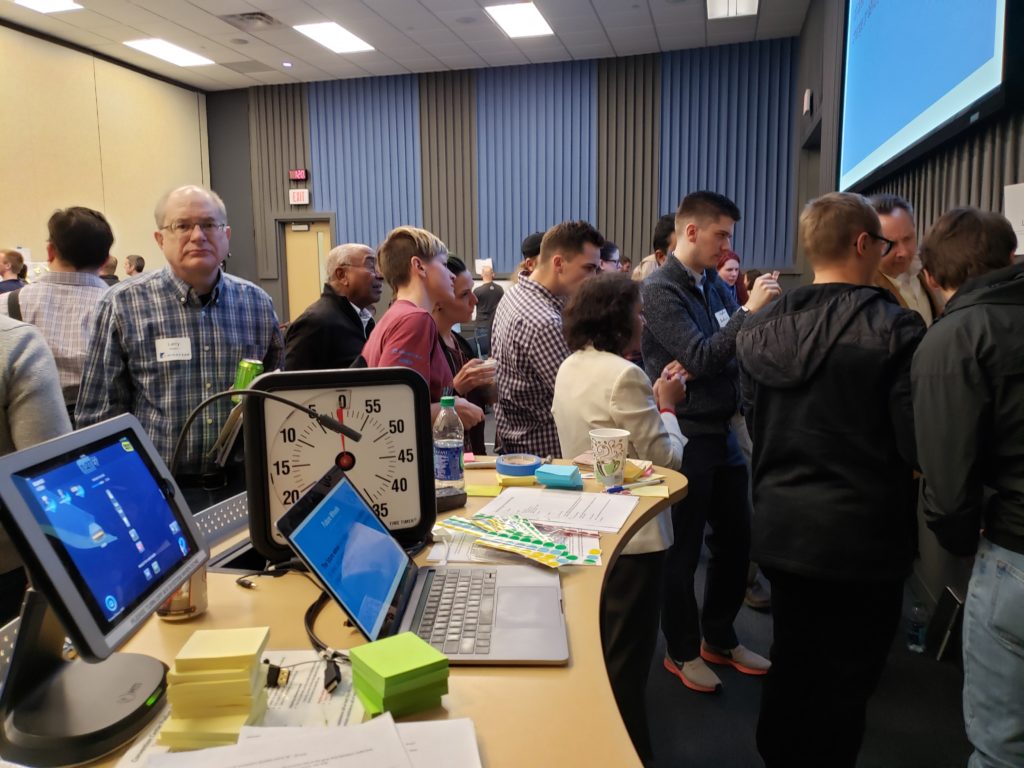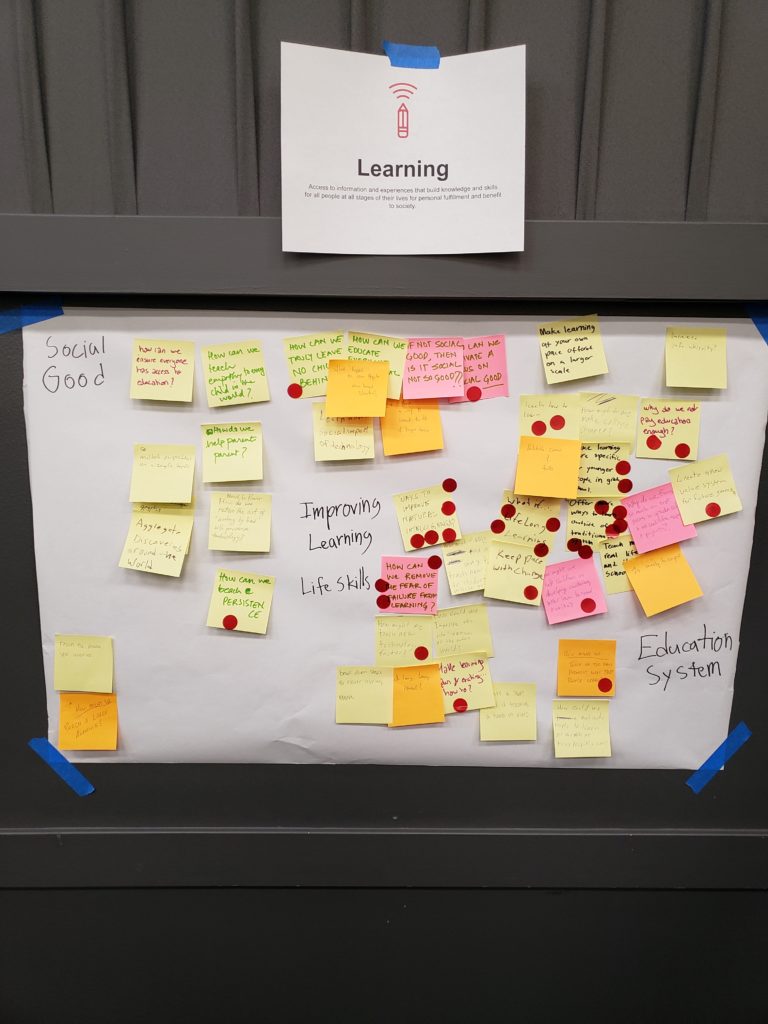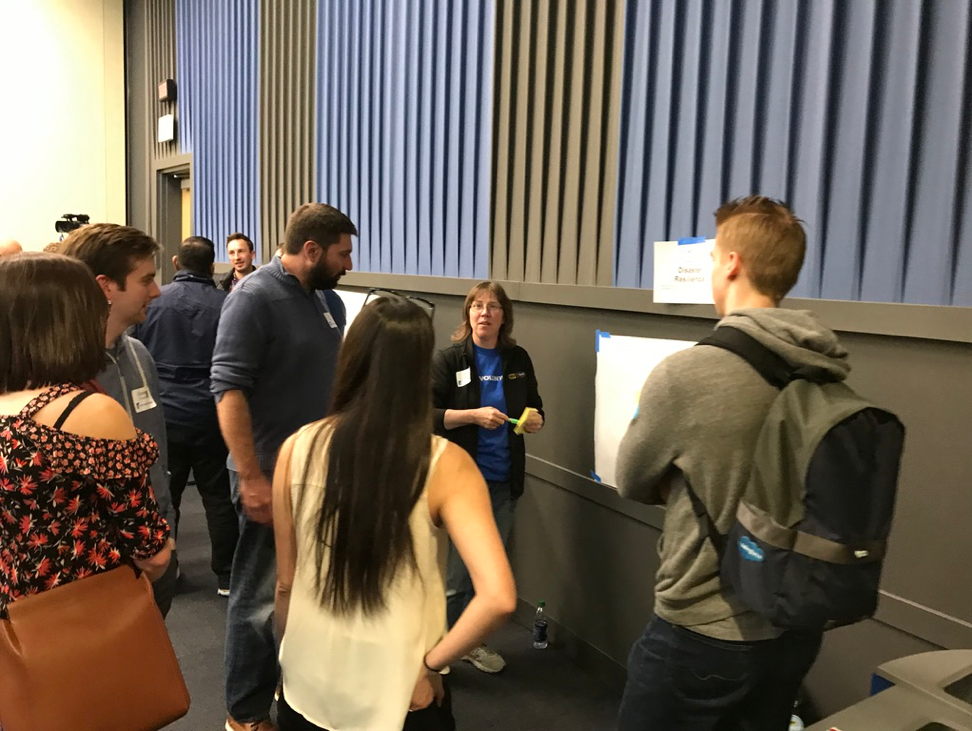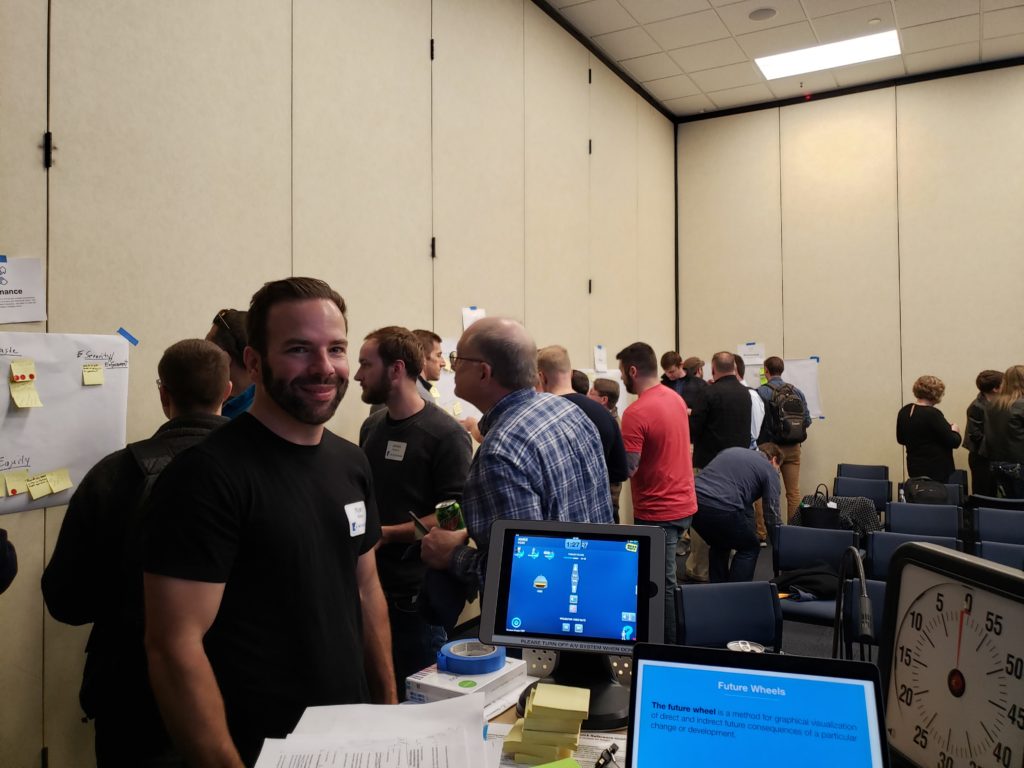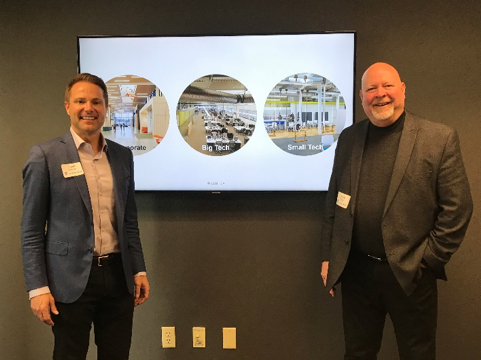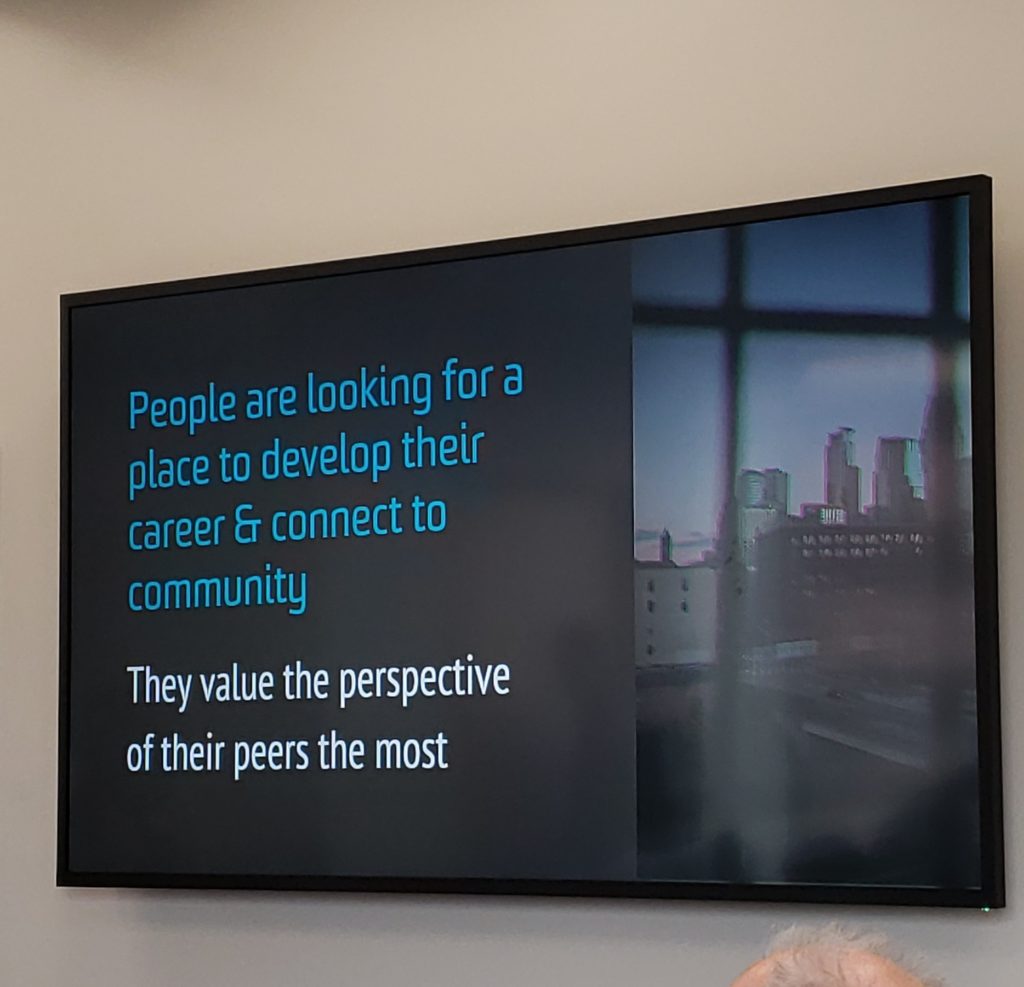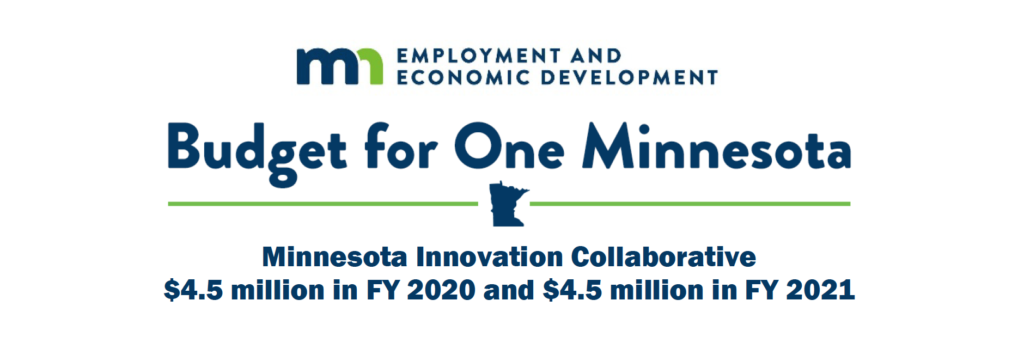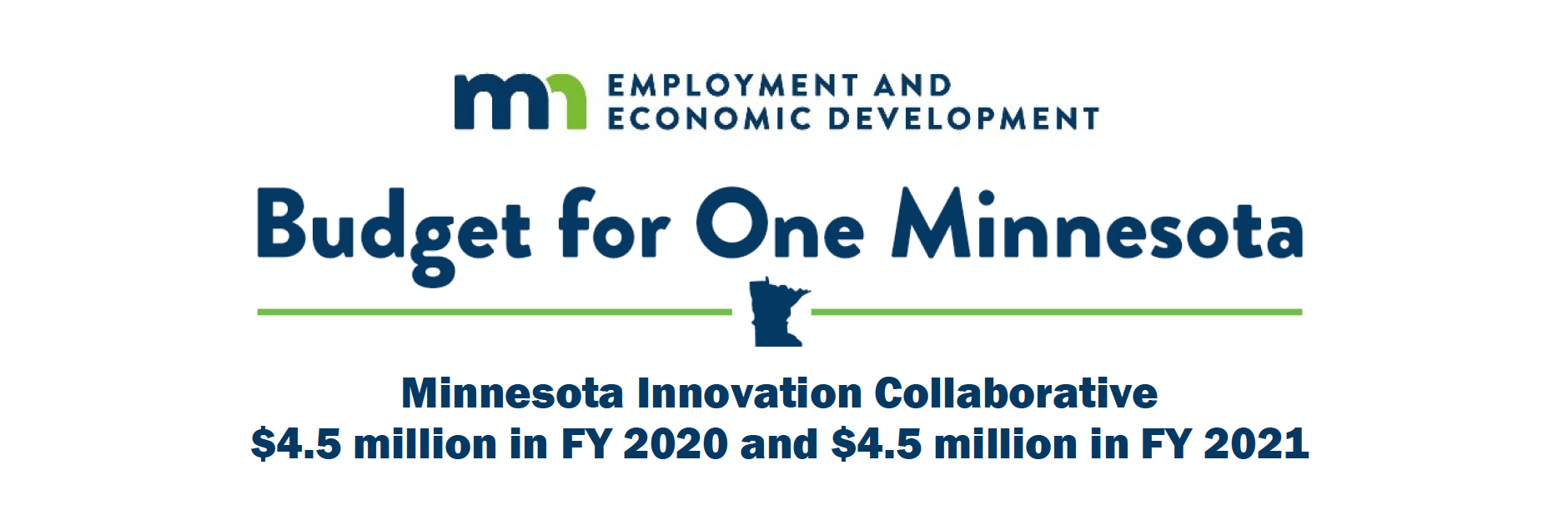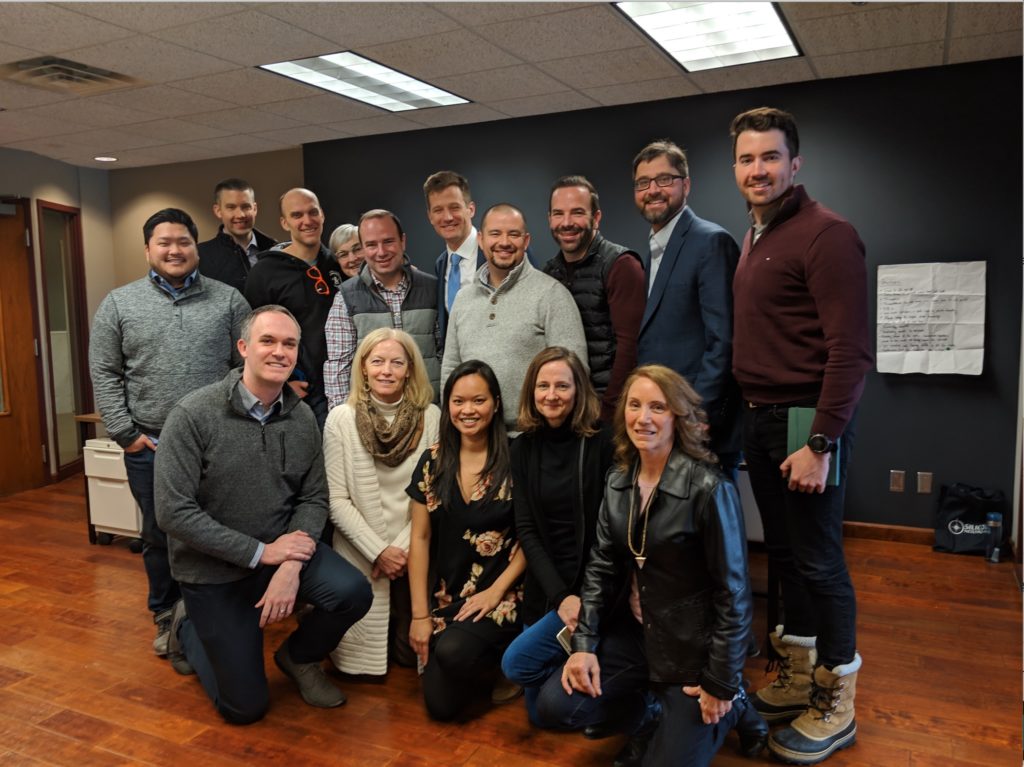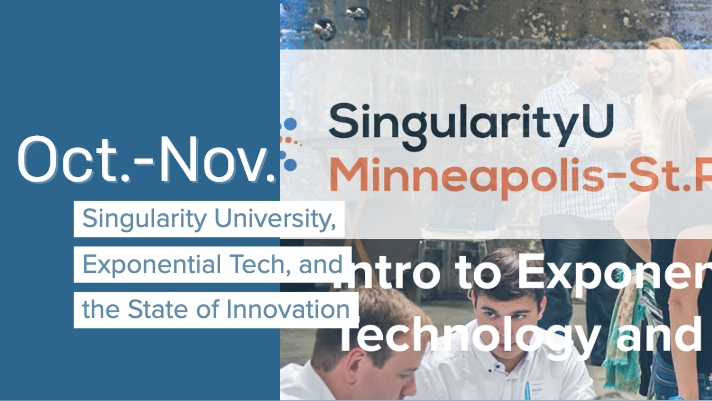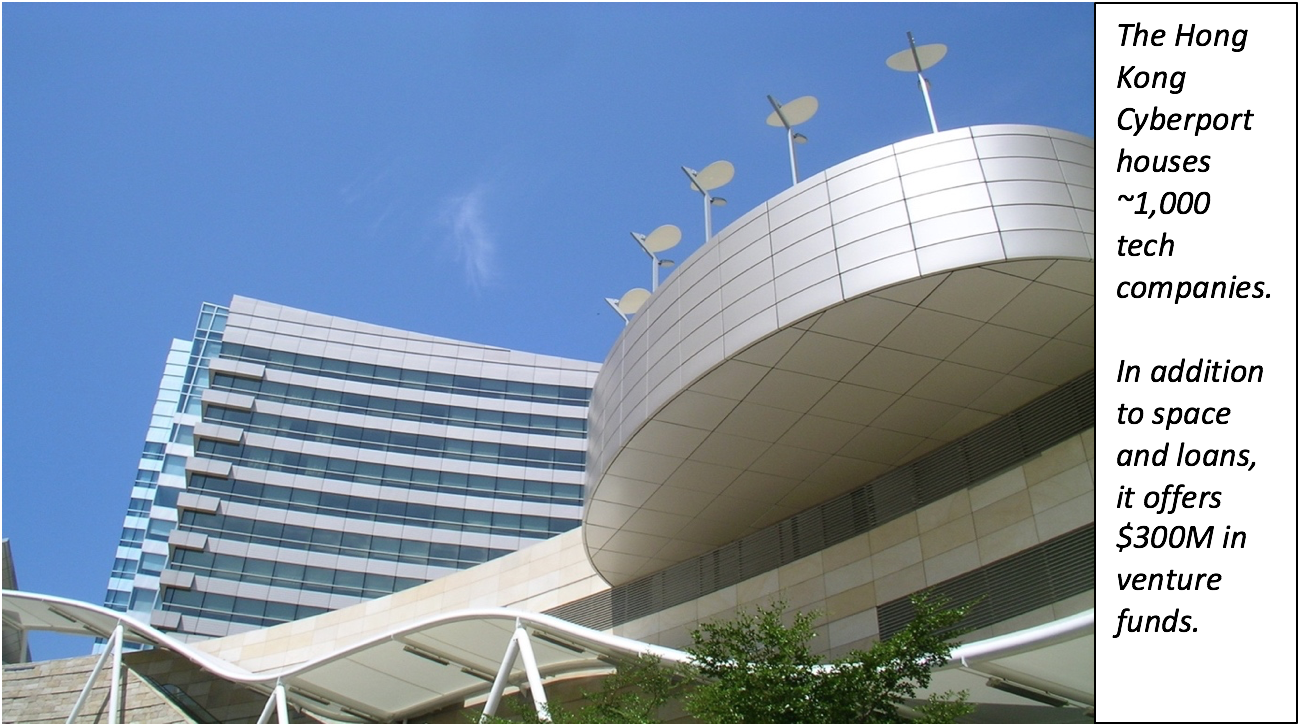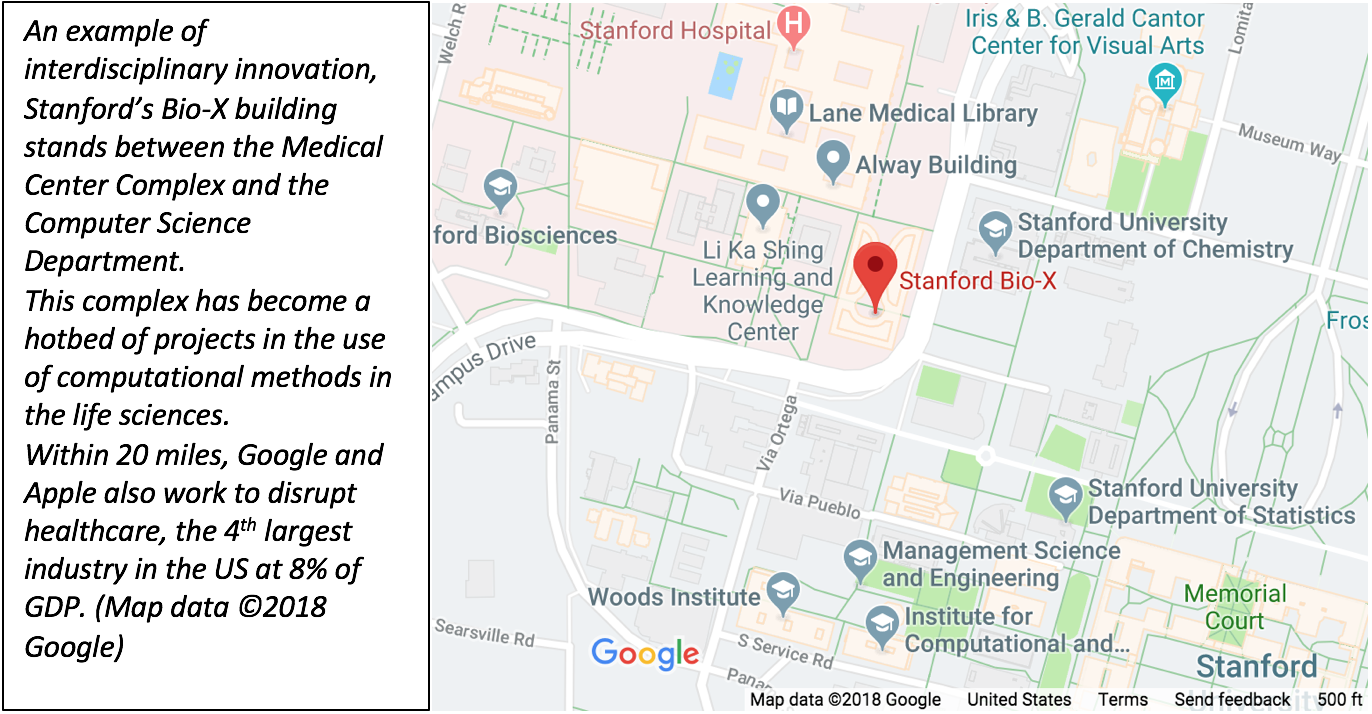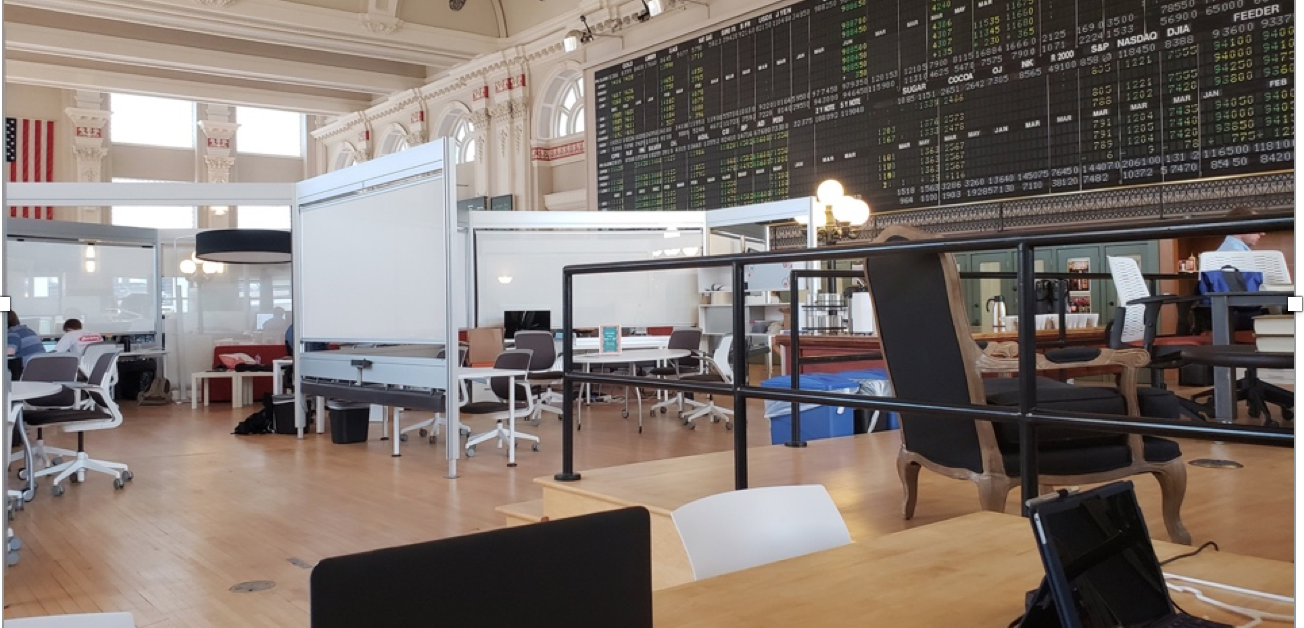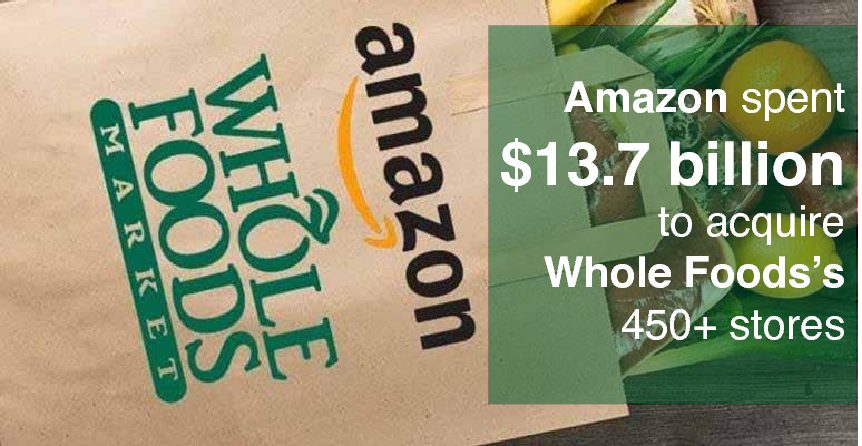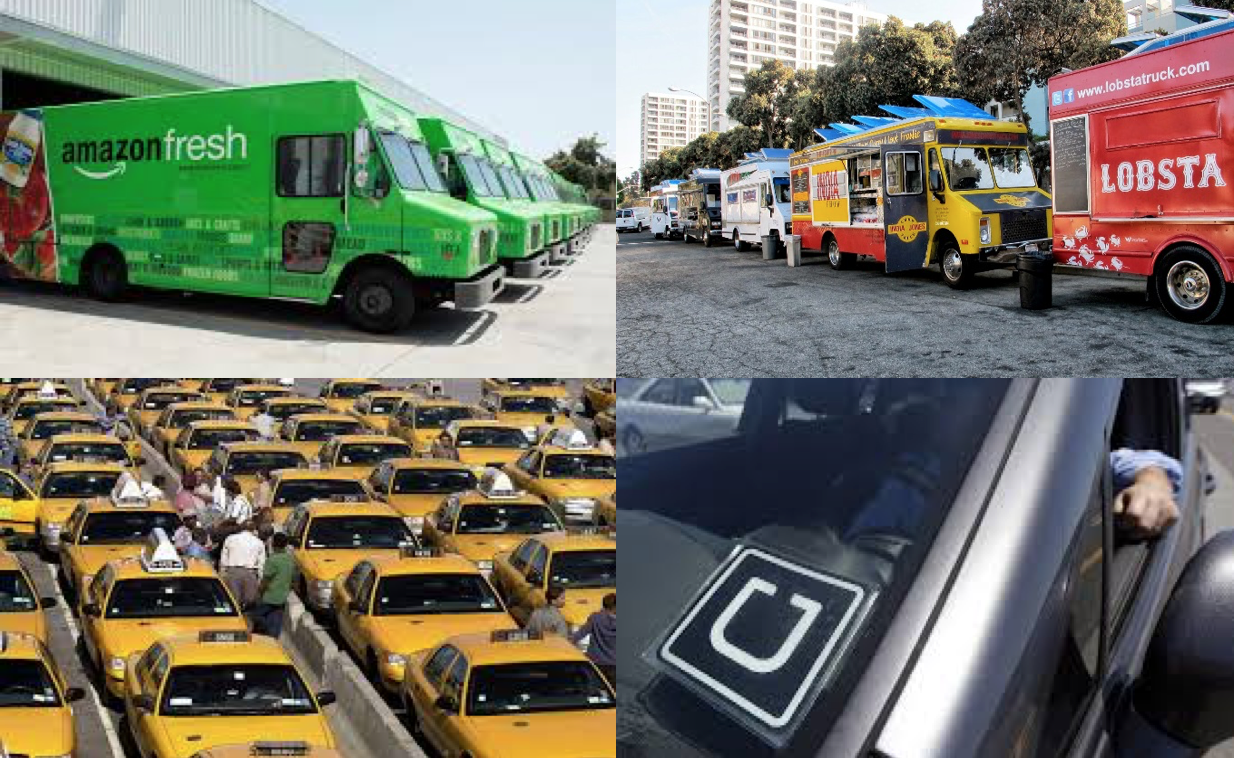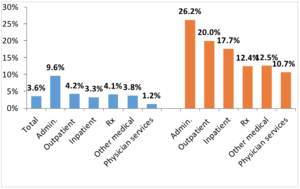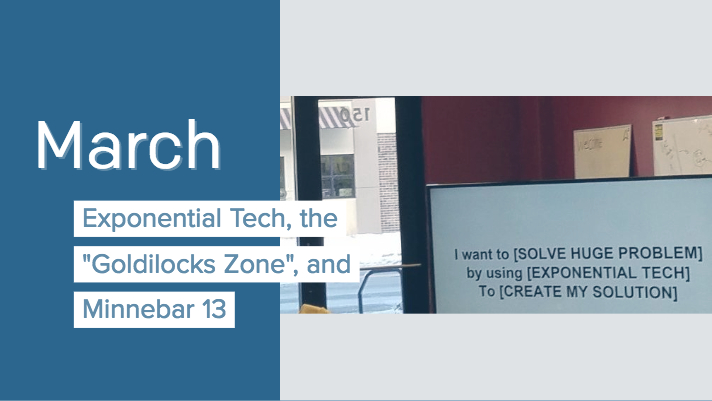Josef Siebert //
How the University of Minnesota is Embracing Startup Culture, EmpowerU, and MEDA $1M Challenge Winners
Welcome to our first newsletter of 2021!
In our look back on the past year in our last newsletter, we talked about resilient startups, the pandemic, and capacity building. We reflected on our own efforts, and then we started thinking about the startup ecosystem as a whole.
We’ve talked extensively about nonprofit organizations that support startups (and our support of them through our Founders Pledge), and we have talked about government contributions (such as the not-yet-passed New Business Preservation Act, the Angel Tax Credit, and LaunchMN).
But what about our educational institutions?
In our region, the University of Chicago and Northwestern University have well-known startup competitions, and their business schools churn out founders. The University of Wisconsin-Madison is in the top 10 for US research institutions, and the city has seen an influx of tech talent in the last year.
But what about the University of Minnesota?
How the U of MN is Embracing Startup Culture
The University of Minnesota Twin Cities (U of MN) campus is the 6th largest university in the US, with 50,000+ students. It has a ~$4B endowment and 485,000 alumni living around the world. It has produced 165+ startups since 2006, attracting $1.15B in capital investment. 7 have gone public since 2017.
How is the U of MN doing it? What are the programs, who are the people, and why is it working?
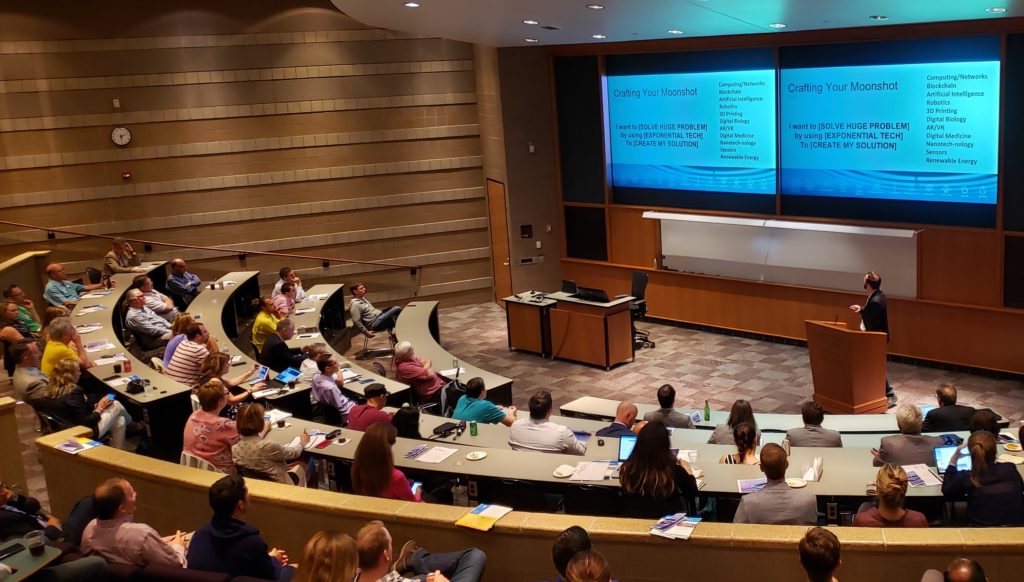
As we have taught with, co-invested, judged, advised, and otherwise partnered with the U of MN over the years, Great North Labs has seen what things are working. Here are our top 4 observations:
1. John Stavig is a leader in the tech startup community.
2. MN Cup is elevating the entire startup scene.
3. Atland Ventures provides students real VC experience.
4. The U of MN has a proliferation of startup support efforts across disciplines.
Read the full story.
MN Cup Director Jessica Berg is one of the first episodes of our new stealth podcast project. Hear from Berg and other people in the startup ecosystem who are executing in their niche, when we drop the first episodes!
MEDA Million Dollar Challenge Winners
The Metropolitan Economic Development Association (MEDA) holds a national contest every year for BIPOC founders. This year, the Million Dollar Challenge awarded $1.1M in financing to six startups.
The winners are:
Mi Terro (City of Industry, CA) – $300,000
Femly (Baltimore, MD) – $250,000
Flourish Savings (Berkley, CA) – $150,000
Options MD (Los Angeles, CA) – $150,000
Please Assist Me (Washington, DC) – $150,000
Industrack (Plymouth, MN) – $100,000
Over the years MEDA has helped launch 500+ BIPOC-owned businesses with the potential to scale. The organization has assisted 20,000 minority entrepreneurs in Minnesota alone.
Events
Here is a mix of upcoming events for investors, founders, and/or ecosystem supporters. All events listed are virtual.
- Feb. 4th, gener8tor Premiere Night- Milwaukee and Beloit. Meet 7 new startups coming out of the venture studio.
- Feb. 9th, The Possibility Summit. Hosted by Fargo-based Emerging Prairie, this is a short conference-style event highlighting social entrepreneurship in our region.
- Feb. 28th, AlphaLab Gear Hardware Cup. Supported by our friends at Innovation Works, this competition features startups with physical products in these verticals: AI/robotics, life sciences, cleantech, consumer products, smart home/connected devices, and smart cities/autonomous vehicles. Tune in to see the $50,000 grand prize awarded.Founders- apply by Feb. 21.
- Deadline TBD, gBeta Greater MN-St. Cloud Spring Cohort. Founders- the application is now open for the accelerator program, which will run from Mar. 4th through April 23rd.
- Feb. 24-26th, The Virtual MarTech Summit. “Our 7th edition will be a LIVE three-day summit that will focus on 3 MAIN VERTICALS: B2C, BFSI (Banking, Financial Services & Insurance), and B2B. 50+ industry-thought leaders and experts will reveal both pain points and best practices for recent advancements in AI, data analytics, machine learning, content marketing, digital privacy, and targeted marketing. Digital agility is no longer optional; it’s a defining competitive advantage.” Free to attend.
- Feb. 25th, BETA State of the State. The event is “a tight, informative download on Minnesota’s entrepreneurial ecosystem. Brief updates will be shared by founders, community leaders, and regional thought leaders to provide a comprehensive overview of the area’s most exciting activities.”
Portfolio News
EmpowerU is new to the Great North Labs portfolio! EmpowerU is an online social-emotional learning organization that creates sustainable empowerment and therapeutic programming for students.
“Twin Cities entrepreneur develops mental health website for teens”. Read about Empower U from Neal St. Anthony at the Star Tribune. Or here: “EdTech Makes Mental Healthcare Accessible for Students: How EmpowerU Works to Meet Students’ COVIDE Needs“.
“Tech for Change: At CES 2021, new devices and tech aim to help beat COVID-19”. Misty Robotics is making waves during the pandemic edition of CES.
“PrintWithMe Deployed Portfolio-Wide by JMG Realty, Inc.” PrintWithMe is launching across 85 apartment communities reaching 30,000 apartment homes.
Job Board
Dispatch is hiring
Business Development Representative & Territory Sales Manager- REMOTE
HR Intern, Driver Engagement Intern, Enterprise Sales & Alliances Intern, Driver Engagement Intern, Customer Experience Intern, Business Development Intern- BLOOMINGTON, MN
Structural is hiring
Marketing and Sales Intern- REMOTE or in ST. PAUL, MN
FactoryFix is hiring
Team Lead – Full Stack Developer, Full Stack Developer, & Infrastructure Developer- DevOps- MADISON, WI
TeamGenius is hiring
Customer Success Manager, and Lead Engineer-Mobile Development- MINNEAPOLIS, MN
PrintWithMe is hiring
Regional Multifamily Housing Sales Director (East Coast)- PHILADELPHIA, PA
Regional Multifamily Housing Sales Director (East Coast)- WASHINGTON, D.C.
Regional Multifamily Housing Sales Director (South East)- ATLANTA, GA
Regional Multifamily Housing Sales Director (West Coast)- SACRAMENTO, CA
Director of Demand Generation, Printer & Implementation Technician, Part-time Warehouse Associate, Strategy Intern (MBA)- CHICAGO, IL
Branch is hiring
Senior iOS Engineer, Android Engineer, Enterprise Support Representative- REMOTE
Consumer Marketing Manager, Account Executive (Mid-Market)- MINNEAPOLIS, MN
Inhabitr is hiring
Chief Growth Officer/Head of B2C Growth Sales and Customer Experience Associate- CHICAGO, IL
Clinician Nexus is hiring
Customer Success Manager- MINNEAPOLIS, MN
NoiseAware is hiring
QA Technician (independent contractor), Senior Director of Software Engineering- DALLAS, TX
Data Scientist, Scrum Master Dallas, People Operations Generalist- REMOTE or DALLAS/AUSTIN, TX

